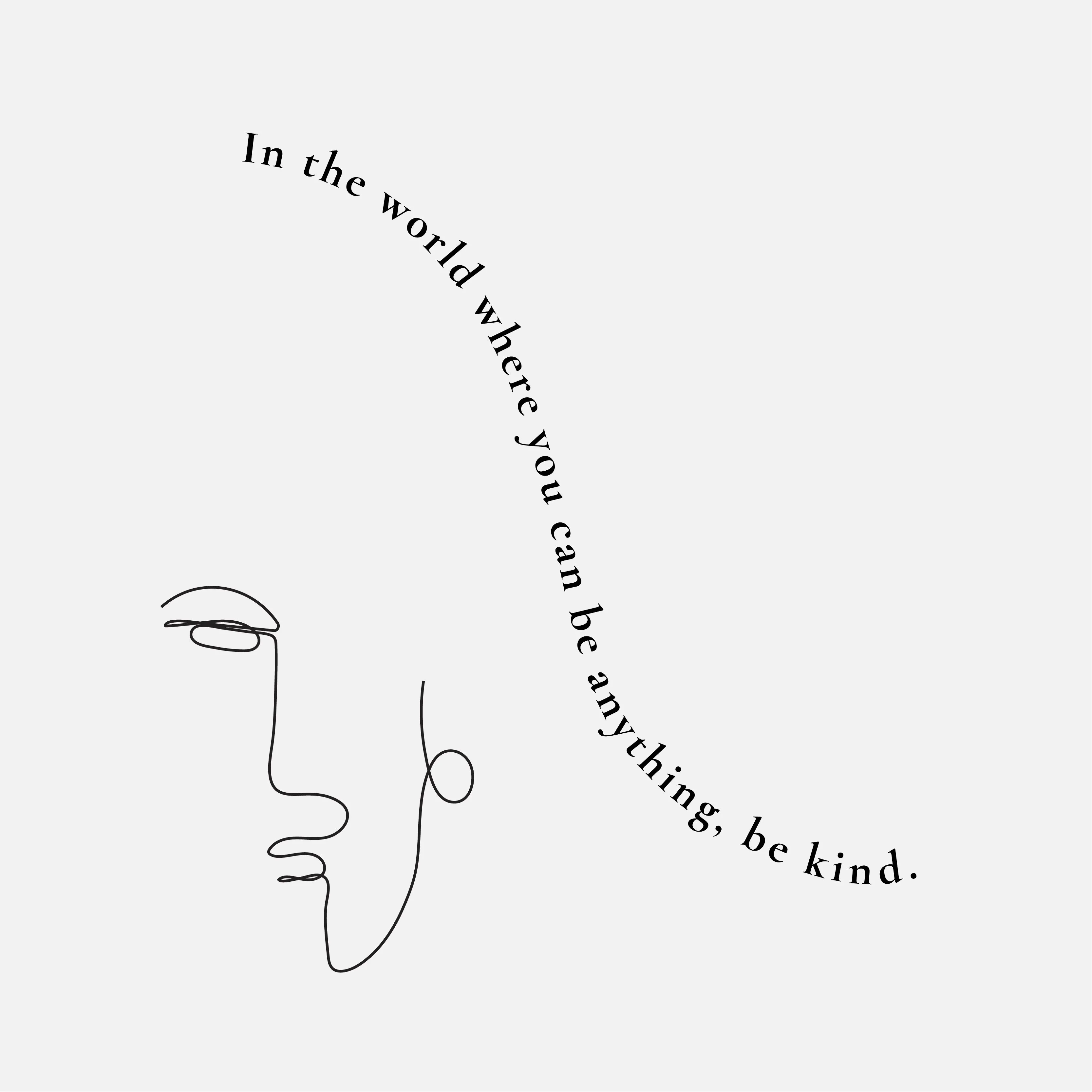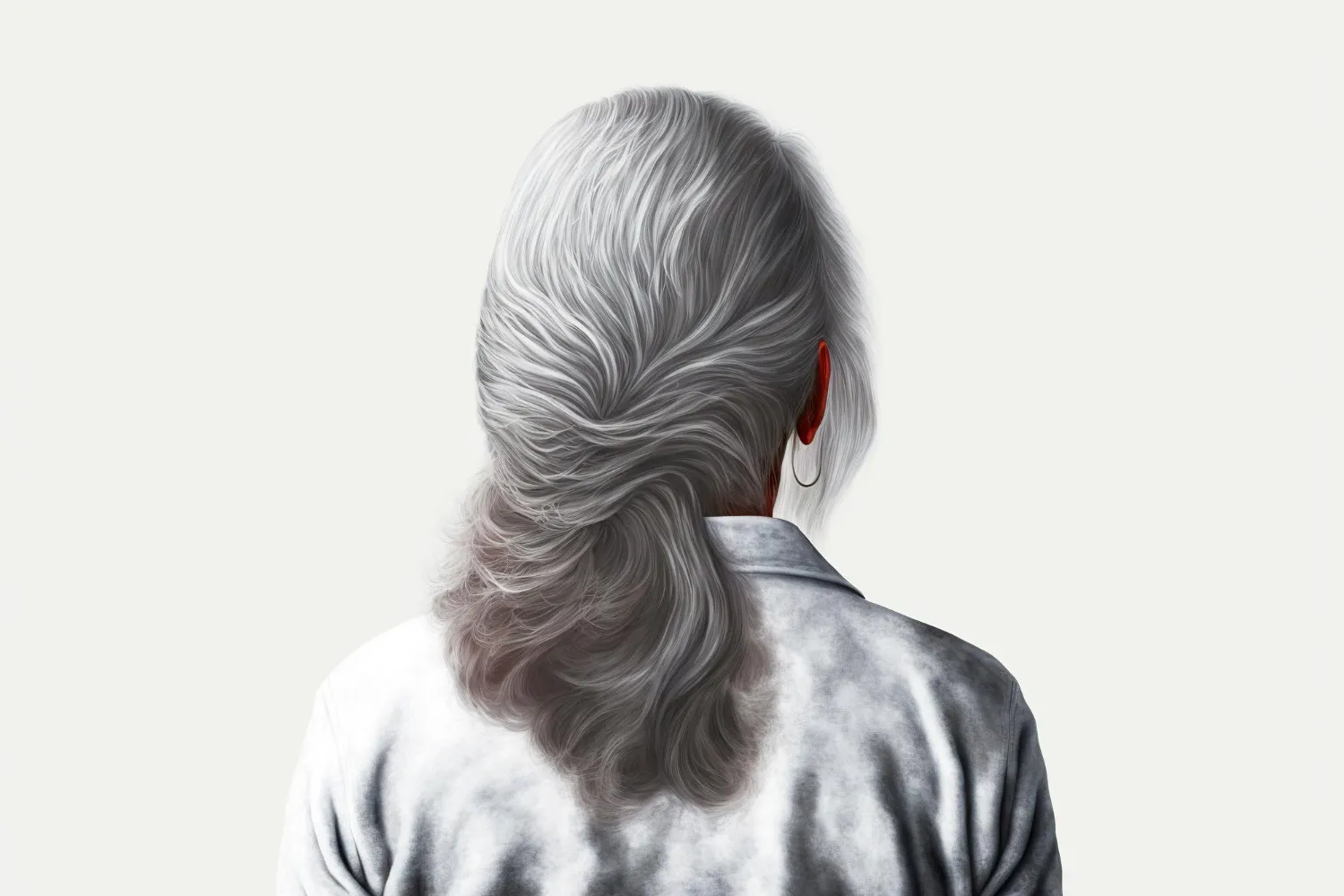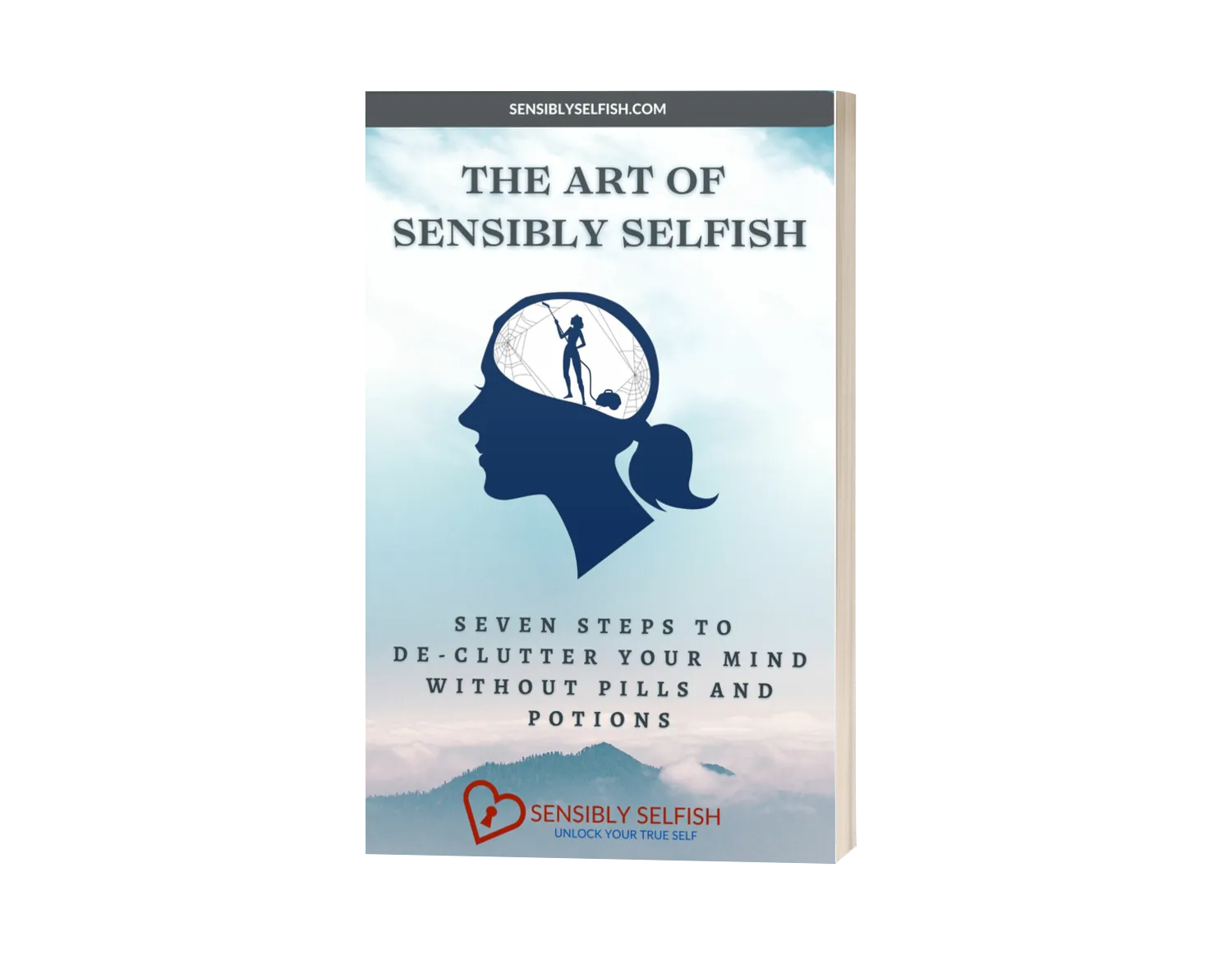Habits, Traditions and Rituals
Crafting Concepts for the Next Era
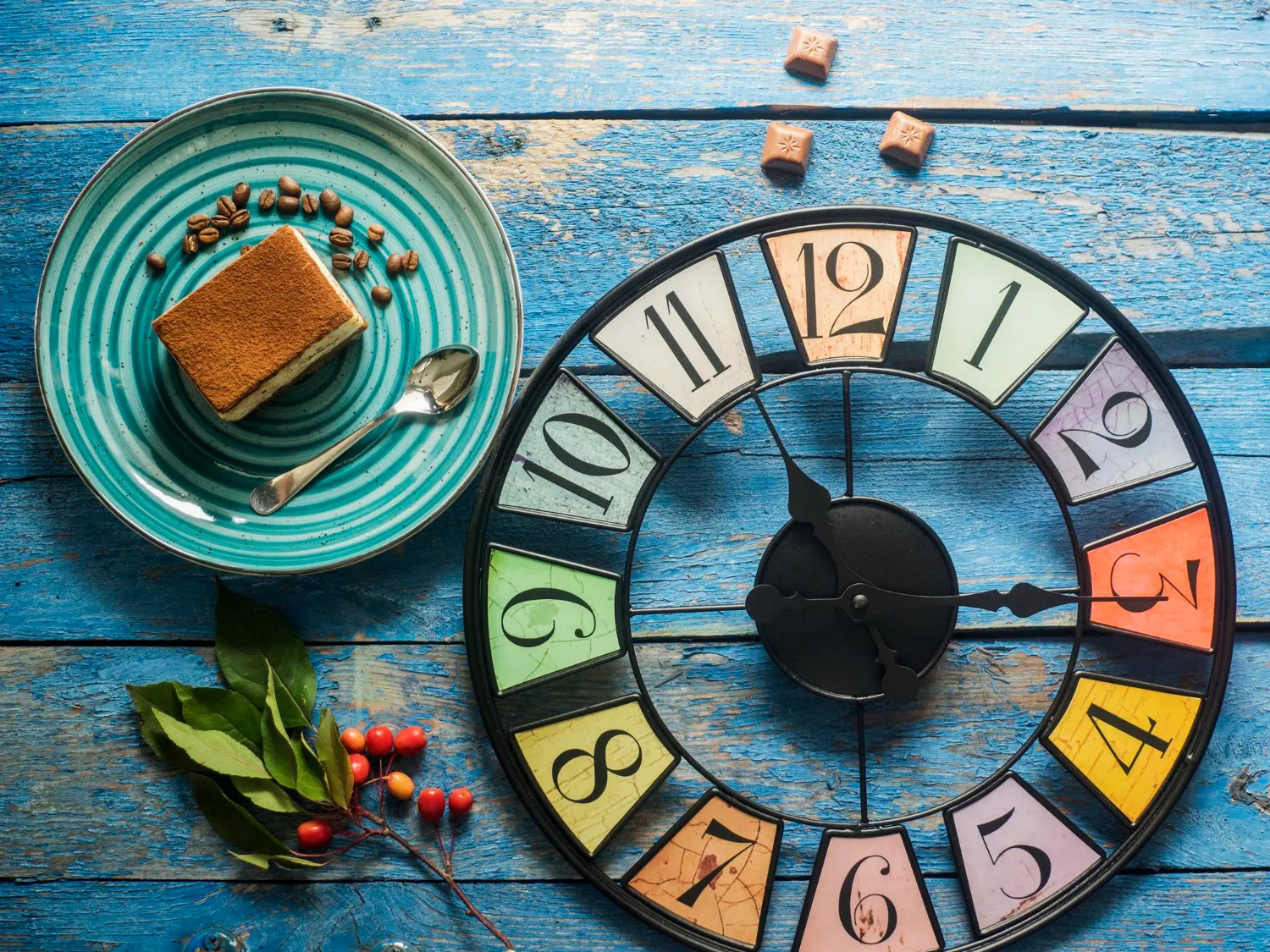
[Toc]
We all have our unique dance with habits, traditions, and rituals – those threads that weave the fabric of our lives. Whether it's the sunrise routine that kickstarts your day or the cherished customs surrounding a family gathering, these practices shape our existence.
Isn't it fascinating to ponder that at some point, someone birthed a practice, and others followed suit? Over time, our customs have morphed, embracing new meanings and protocols. As we stride into the future, our ceremonies and conventions are bound to evolve yet again.
Let’s take a stroll through the kaleidoscope of change, examining how we can breathe new life into our habits, traditions, and rituals. But before we do, here are three peculiarities for you to read about that have faded away over time…
Past Habits, Traditions, and Rituals
The examples below showcase how human behaviors, rituals, and habits can be influenced by cultural, economic, or societal factors and how they evolve or disappear over time.
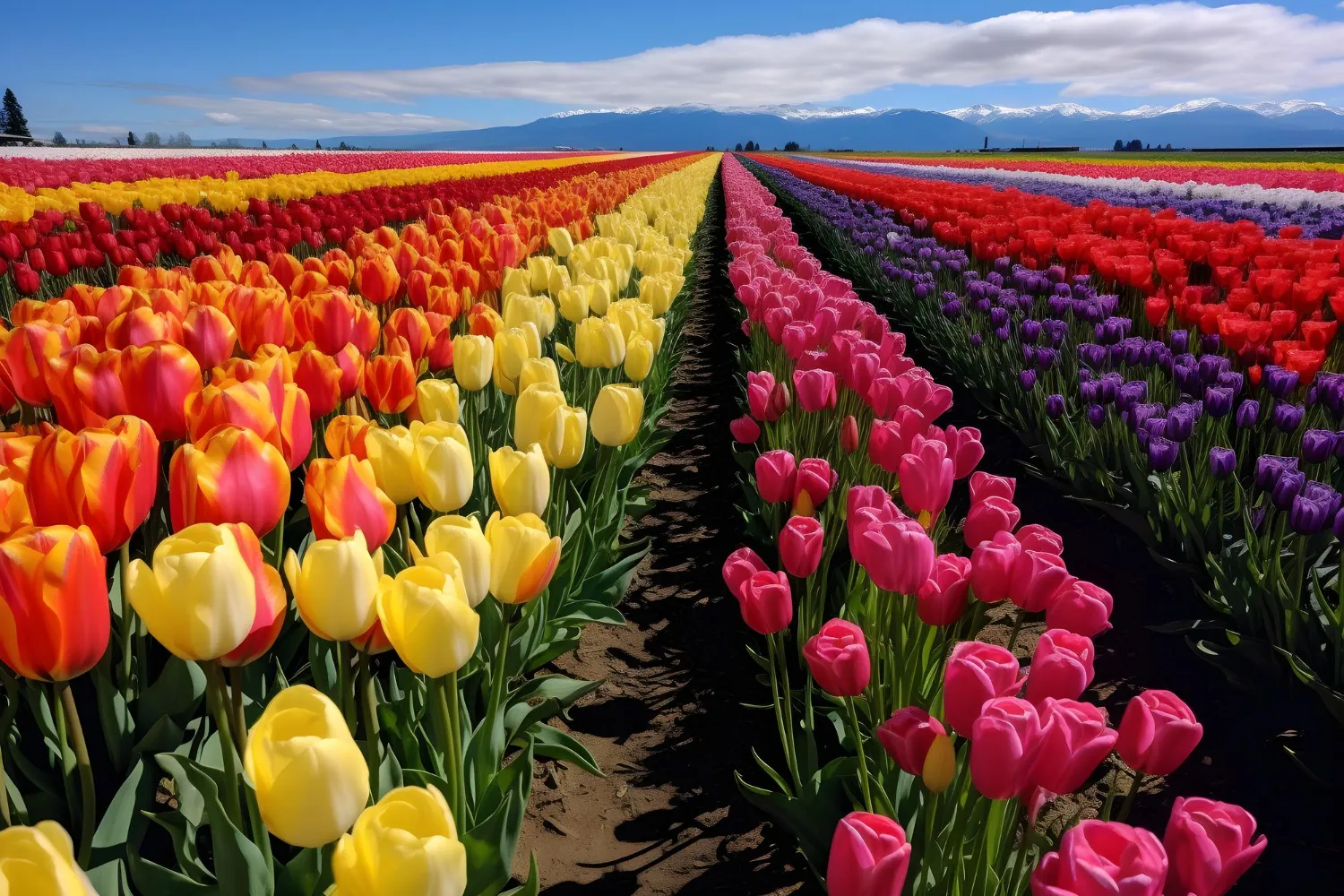
Tulip Mania (1637)
During the Dutch Golden Age, there was a bizarre economic phenomenon known as Tulip Mania. Tulip bulbs, particularly rare and uniquely colored varieties, became a status symbol and were traded at exorbitant prices. The craze reached its peak in 1637 when the tulip market suddenly collapsed, leaving many in financial ruin. This speculative bubble is considered one of the first recorded instances of an economic bubble.
Corpse Medicine (16th to 18th centuries)
In medieval and early modern Europe, the belief in the medicinal properties of human body parts, especially those of executed criminals, was surprisingly prevalent. People would consume concoctions containing powdered human skulls or dried blood, believing it could cure ailments and provide various health benefits. This bizarre practice gradually faded away as medical knowledge advanced, and ethical concerns took precedence.
Flapper Fashion and the Charleston Dance (1920s)
The 1920s witnessed the emergence of the "flapper" lifestyle, characterized by a rebellious attitude, bobbed hair, and short skirts. One peculiar habit of the time was the Charleston dance, a fast-paced and energetic dance that challenged traditional social norms. Flappers embraced this dance as a form of rebellion against the conservative values of the past. While the flapper era brought about significant social changes, including women's suffrage, the specific fashion and dance styles of the time gradually evolved into historical artifacts as societal norms shifted again.
[CTA]
Habits for the Modern Age
Habits, those behaviors we execute almost robotically, underwent a seismic shift during the lockdown of 2020. Suddenly, routines like commuting to work, meeting friends at a bar, or jet-setting for a vacation took on a different format. Anxiety, depression, and loneliness began to take their toll worldwide, and new thought patterns and importance have emerged.
The only constant in the universe is change, so as we welcome in the New Year, consider reshaping your habits:
Embrace Self-Care: Be sensibly selfish. A full cup allows you to pour into others.
Human 'Be'ing: Shift from perpetual doing to savoring moments, connecting with nature, and prioritizing what truly matters. Be rather than Do.
Declutter for Self-Respect: Regularly declutter your mind and physical space to cultivate self-respect.
Less is More: Release all the ‘stuff’ that no longer serves you or the planet. Simplify for a richer life.
Courageous Change: Don't fear change; it's the only constant. Get curious about your habits and evolve with intention.
Awareness is the key to habit changes. Investigate how and where your coffee is made, or tune into your intuitive relations with eating, exercise, and work. Habits are easy to change - just a matter of determination or an adjustment in circumstance.
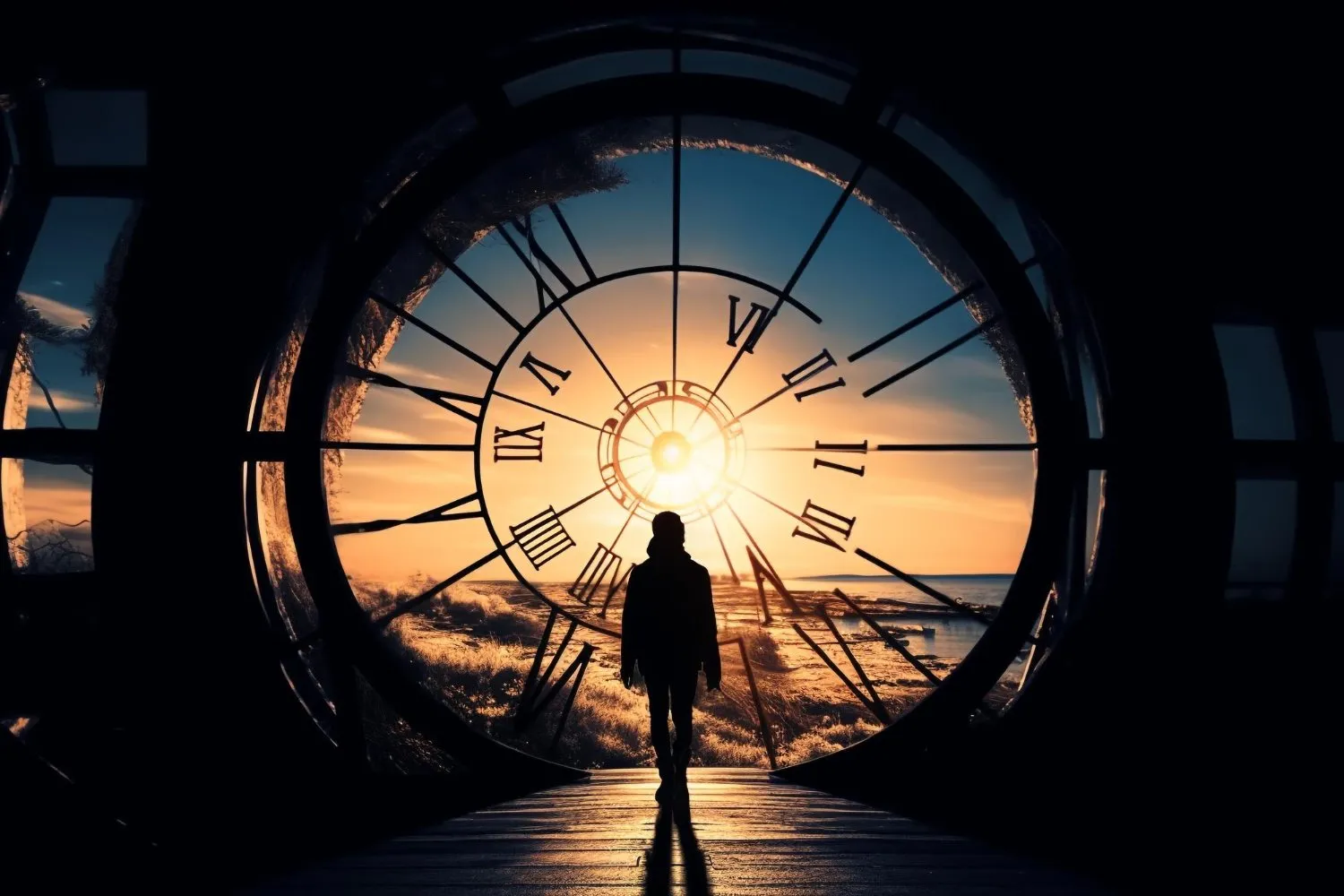
Traditions Reimagined
Traditions, the timeless legacy passed from one generation to the next, are also in the throes of transformation. From virtual weddings to online education, our traditions are keeping pace with the swift cadence of modern life.
We have also seen disruptions in the way we buy goods, educate our children, and stay at home to work. Our traditions are adapting and moving quickly with the times. There will be no going back. No matter what age we are, we will need to be proactive in the years to come.
Global Mindset: With an online presence, traditions can transcend physical boundaries, fostering a global mindset.
Shift in Values: Success is no longer measured solely in wealth; personal growth and fulfillment take center stage.
Simplicity Over Show: Expect a shift towards a simpler lifestyle, emphasizing happiness over material display.
Rituals for Resilience
Rituals, the sacred sequences that ground us, found new significance during uncertain times. These activities involve gestures, words, actions or objects. From the handwashing ritual to rediscovering the rhythms of nature, rituals offer stability in a world in flux. As we move into uncertain times, as the technological revolution takes hold, grounding in rituals can keep you sane.
Nature's Embrace: Connect with nature's cycles, whether it’s in your business or home life, the moon and seasons hold significance in ritual throughout the world in space and time.
Art of Reflection: Delve into thoughtful observation and contemplation for stress reduction and increased self-awareness.
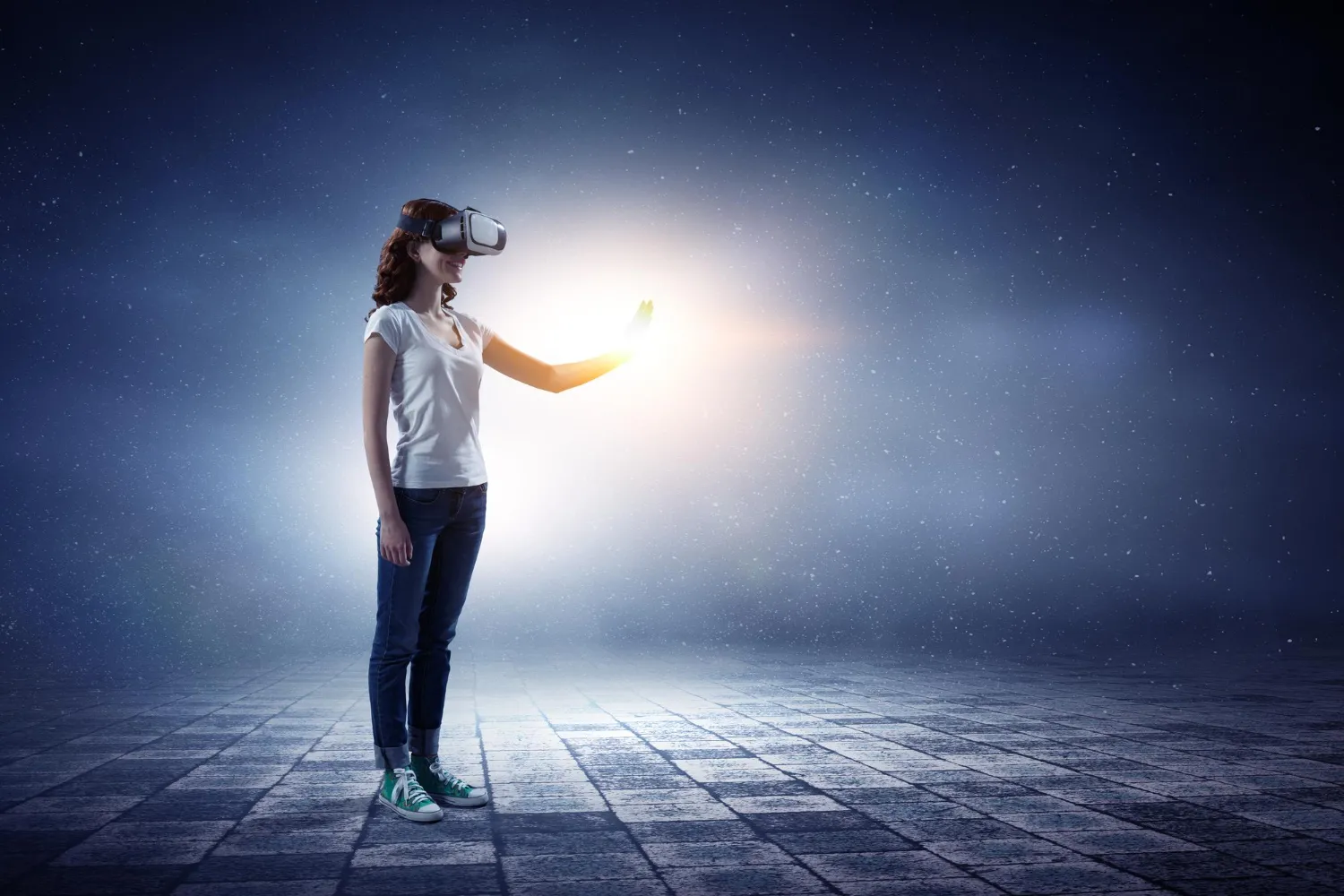
Predicting The Future
Predicting the future is always speculative, but here are some potential new habits, traditions, and rituals that could emerge in the near future:
Digital Detox Rituals
As our lives become increasingly digital, people might adopt rituals for periodic "digital detoxes." These could involve dedicated times without screens, encouraging face-to-face interactions, and reconnecting with nature to balance the pervasive influence of technology.
Given concerns about technology's impact on mental health, future habits might involve mindful technology usage. This could include scheduled breaks from social media, intentional and focused use of technology for productivity, and practices to cultivate a healthy digital lifestyle.
Virtual Reality Traditions
With the advancement of virtual reality (VR) technology, traditional ceremonies and gatherings might transition into virtual spaces. Virtual weddings, global celebrations, and even family reunions in VR environments could become new traditions, breaking the constraints of physical distances.
Augmented reality (AR) could redefine rituals by overlaying digital experiences onto the physical world. AR-enhanced meditation, interactive storytelling rituals, or guided tours with digital overlays could become part of daily or special occasions.

Personalized Wellbeing Habits
The focus on personalized healthcare and well-being is likely to grow. Customized health routines, personalized nutrition plans, and individualized mindfulness practices could become habitual as technology allows for more precise and tailored approaches to well-being.
AI-Assisted Decision-Making Habits
With the integration of artificial intelligence (AI) into daily life, people may develop habits of relying on AI assistance for decision-making. From career choices to daily tasks, individuals might increasingly turn to AI for data-driven insights and suggestions.
Sustainable Living Traditions
As environmental consciousness grows, new traditions could emerge around sustainable living practices. Celebrating eco-friendly milestones, participating in community-driven environmental initiatives, and adopting green technologies might become ingrained in the culture.
Remote Work Traditions
With the increasing prevalence of remote work, new traditions may emerge around virtual team-building activities, online ceremonies to mark project completions and digital rituals that foster a sense of camaraderie among remote colleagues.
These are speculative ideas, and the actual development of new habits, traditions, and rituals will depend on the complex interplay of technological advancements, cultural shifts, and societal values in the coming years.

Five Guiding Principles for the Journey Ahead
No matter where you are in the world, remember as you navigate uncharted waters daily there are five ways to align your habits, traditions, and rituals:
Simplicity: Keep it simple; complexity breeds frustration.
Support: Align with a community that shares your values.
Spark: If it doesn’t ignite passion, move on.
Shift: Embrace change; it’s the only constant.
Self: Prioritize yourself; you are the only constant in your life.
What new habits, traditions, or rituals are you ready to embrace in this new chapter of change? Share your thoughts below or come and join the Sensibly Selfish revolution on Facebook.


